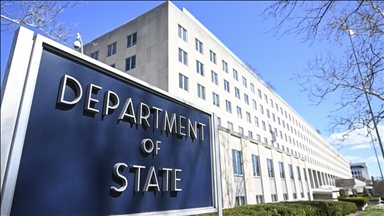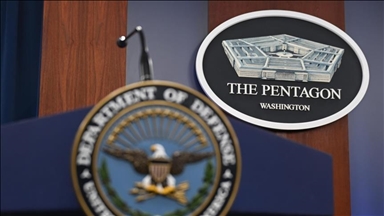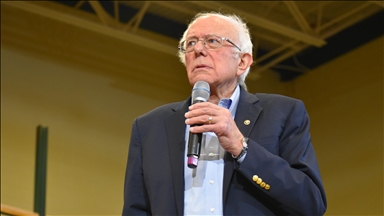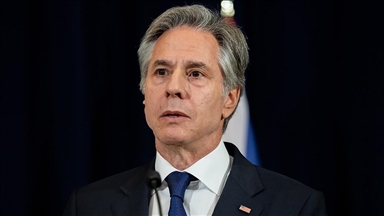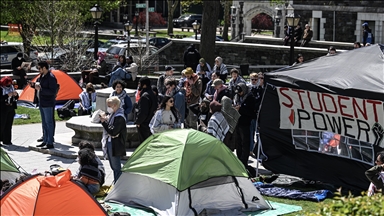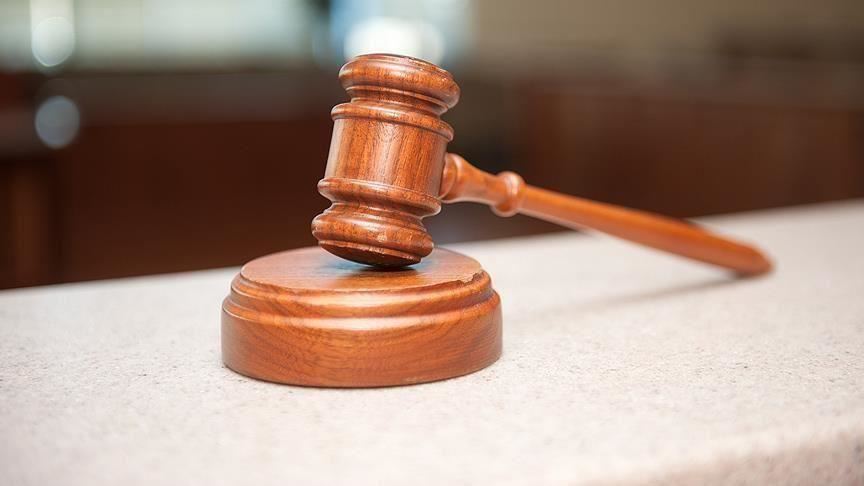
LONDON
The British Supreme Court ruled on Wednesday that the U.K. acted unlawfully by giving information to the U.S. about two British Daesh/ISIS members as it breached data protection laws and did not seek assurances they would not face the death penalty.
The two Daesh/ISIS members, Shafee Elsheikh and Alexander Kotey, were part of a four-man Daesh/ISIS team known as "The Beatles".
The group, with all members raised in Britain, was alleged to be responsible for 27 beheadings of British and American citizens, including British aid worker and taxi driver Alan Henning, and American journalist James Foley.
Both Elsheikh and Kotey have since been stripped of their British citizenship.
They are in the U.S. custody in Iraq, having been captured in 2018 as the terror group started to collapse.
Then-Home Secretary Sajid Javid handed over information to the U.S. to assist with their prosecution, despite the existence of the death penalty in the U.S.
Javid’s decision to hand over information was challenged by Maha Elgizouli, the mother of Shafee Elsheikh. She did not seek to prevent her son’s prosecution and imprisonment, rather she wanted to stop the death penalty potentially being handed down to her son.
Elgizouli’s lawyers said in a statement: "Ms Elgizouli thanks the court for its careful consideration of her appeal and recognizes the difficult issues it raises. She has always expressed her belief that her son, if accused, should face justice, and that any trial should take place in the U.K.
"She has been asking since November 2018 for the CPS (Crown Prosecution Service) to conduct a review of the claim that there was insufficient evidence for him to be charged and tried in the U.K. -- a review that the CPS now says should be completed by April 2020."
With the Supreme Court having ruled in Elgizouli’s favor, the question is now what steps the U.K. must take.
A decision, which could involve asking the U.S. to hand back information, must now be waited for.
The Supreme Court decision was handed down by Lord Kerr, who did so via video link due to the coronavirus outbreak requiring social distancing -- an unprecedented move.
Lord Kerr said: "Much of the information provided, or to be provided, to the U.S. authorities consisted of personal data."
"Here there was no adequacy decision and no appropriate safeguards," he said, explaining that these measures were necessary for the transfer of personal data to a third country to be lawful.
He added that Javid’s decision was "based on political expediency, rather than strict necessity."
The U.K. does not extradite people to the U.S. or other countries with the death penalty unless it receives assurances that the death penalty will not be applied.
In a landmark judicial opinion, Lord Kerr said: "Law must be responsive to society's contemporary needs, standards and values, which are in a state of constant change. That is an essential part of the human condition and experience.
"I concluded, therefore, that a common law principle should be recognised whereby it is deemed unlawful to facilitate the trial of any individual in a foreign country where, to do so, would put that person in peril of being executed."
A representative for the Home Office said: "The government's priority has always been to maintain national security and to deliver justice for the victims and their families. This has not changed. We are clearly very disappointed with today's judgment and are carefully considering next steps."
Anadolu Agency website contains only a portion of the news stories offered to subscribers in the AA News Broadcasting System (HAS), and in summarized form. Please contact us for subscription options.


